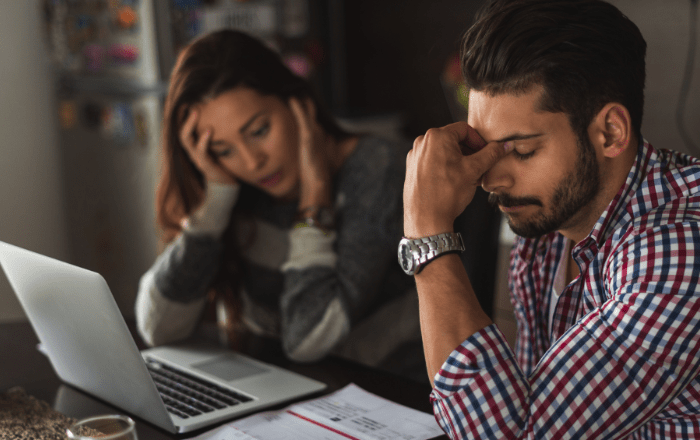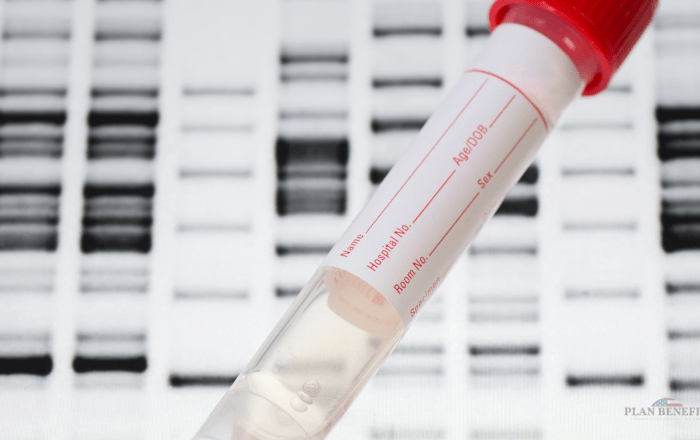Home Inspections: Your Safeguard Against Hidden Surprises

Introduction
Buying a home is one of the most significant investments you’ll ever make. It’s essential to protect your investment and ensure a smooth transition into your new property. A home inspection is a crucial step in the home-buying process that can uncover potential problems and provide peace of mind.
What is a Home Inspection?
A home inspection is a thorough examination of a property by a trained professional. The inspector will assess the condition of the home’s systems, components, and structures, looking for signs of damage, wear and tear, or safety hazards.
Why is a Home Inspection Important?
- Uncover Hidden Defects: Home inspections can reveal hidden defects that may not be apparent to the untrained eye. These defects could range from structural issues to electrical problems or plumbing leaks.
- Negotiate a Fair Price: If an inspection reveals significant problems, you can use the findings to negotiate a lower purchase price or request repairs before closing.
- Prevent Future Costs: By identifying potential issues upfront, you can avoid costly repairs or renovations down the line.
- Protect Your Investment: A home inspection can help you make an informed decision about your purchase, ensuring that you’re investing in a property that is in good condition.
- Peace of Mind: Knowing that your new home has been thoroughly inspected can provide you with peace of mind and reduce the stress of moving.
What to Expect from a Home Inspection
A typical home inspection will cover the following areas:
- Foundation: The inspector will examine the foundation for cracks, leaks, or other signs of damage.
- Roof: The roof will be inspected for leaks, missing shingles, or other structural problems.
- Plumbing: The plumbing system will be checked for leaks, clogs, and proper function.
- Electrical System: The electrical wiring and outlets will be tested for safety hazards and compliance with building codes.
- Heating and Cooling Systems: The HVAC system will be inspected for efficiency and proper operation.
- Insulation and Ventilation: The inspector will assess the insulation and ventilation systems to ensure adequate energy efficiency.
- Interior Components: The interior of the home will be examined for signs of damage, mold, or pests.
Choosing a Home Inspector
When selecting a home inspector, it’s important to choose a qualified professional with experience and certifications. Here are some tips for choosing a reputable inspector:
- Check Credentials: Verify that the inspector is licensed and certified by a recognized organization.
- Read Reviews: Look for online reviews or testimonials from previous clients.
- Ask for References: Request references from the inspector to get firsthand feedback.
- Get a Written Estimate: Obtain a written estimate of the inspection costs before hiring the inspector.
Conclusion
A home inspection is an essential step in the home-buying process that can protect your investment and provide peace of mind. By hiring a qualified inspector, you can uncover potential problems and negotiate a fair price for your new home. Don’t overlook the importance of a home inspection; it’s a small investment that can yield significant benefits in the long run.



